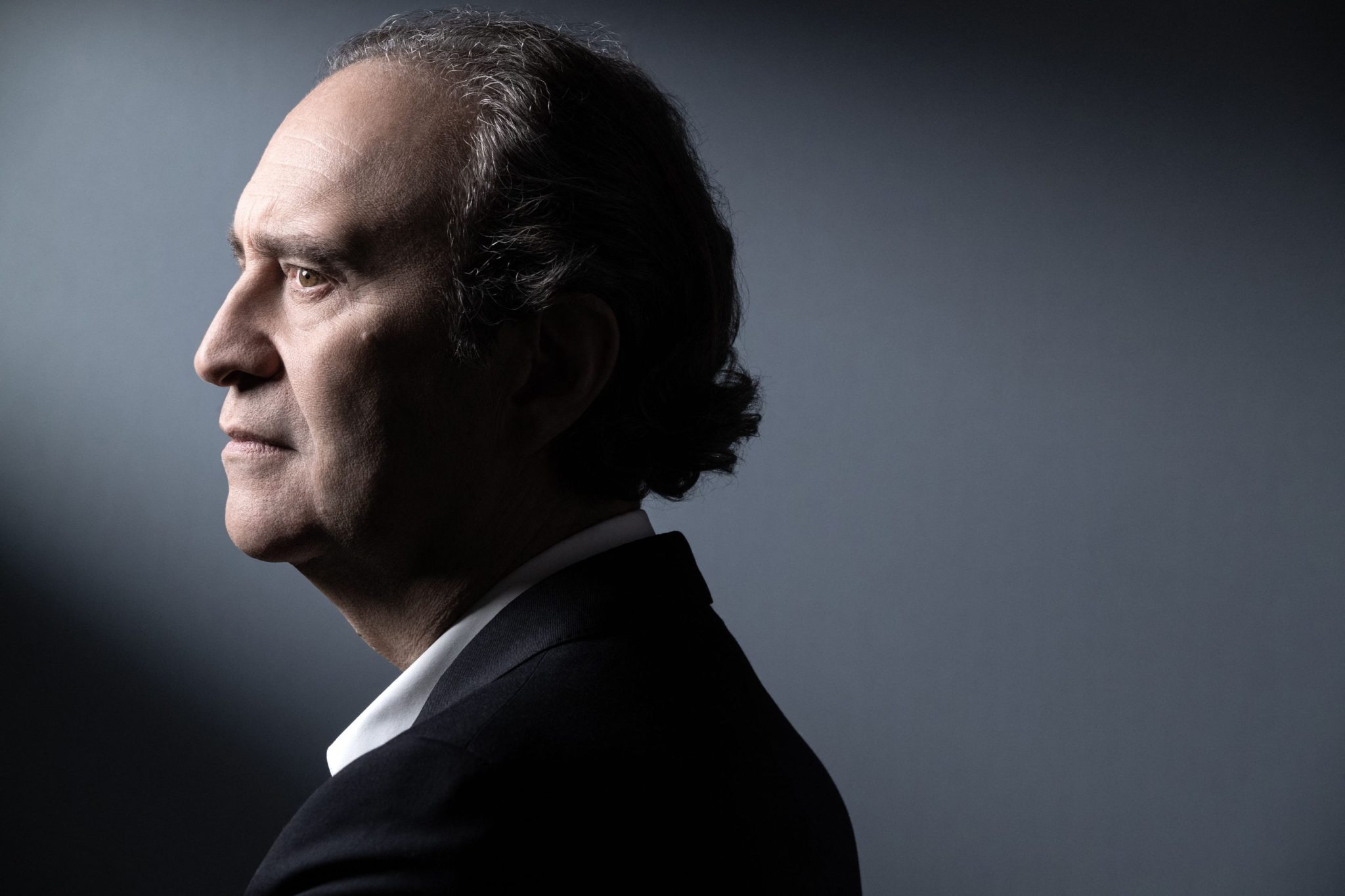If there’s anything buzzy in the tech world, chances are Xavier Niel caught wind of it. The hacker-turned-entrepreneur owns a sprawling telecom empire, sits on TikTok parent ByteDance’s five-member board, and is a major startup champion, counting French darling Mistral AI among his investments.
The billionaire has had a keen eye on tech developments throughout his career. But he has also witnessed Europe slip behind the U.S. and China in innovation.
Europe has produced some promising startups amid the generative AI frenzy, such as Mistral AI and Aleph Alpha. However, the region will have to do a lot more to keep up with the global AI race.
Niel warns that Europe has a real shot at showing its promise and creativity on the AI front. But if it misses the boat, it could cease to be relevant.
“If Europe doesn’t do this right, it will become a very small continent abandoned for a few generations,” he told the Financial Times in an interview published Sunday.
What differentiates European AI startups are their “values,” such as privacy and transparency, Niel said. It’s also generating engineering and mathematics-focused talent at its universities, which could give the region an edge—if it moves fast and breaks things, as the saying goes.
“Sure, the world moves faster now, the resources are greater. But there will always be two clever kids somewhere in the world, working out of a garage, with a technological vision or a new idea,” Niel said.
The French mogul, who is estimated to be worth $8.7 billion according to the Bloomberg Billionaires Index, is at the center of AI developments. His optimism in Europe’s AI prowess has led him to develop the world’s biggest startup incubator in Paris, Station F. He has also co-invested $300 million in a non-profit AI research lab alongside Eric Schmid and Rodolphe Saadé.
Still, he worries that if Europe fails to ride the AI wave, it’ll be reduced to “the nicest place in the world for museums,” Niel told Wired in September. He likened the current AI moment to when search engines became mainstream. Today, they are largely run by American players, such as Google and Microsoft Bing.
“If you want to create a search engine now from scratch, you cannot win because you were not there 25 years ago,” he said.
Other experts have also been concerned about Europe trailing behind and how that might impact the region’s security and defense prospects…
Click Here to Read the Full Original Article at Fortune | FORTUNE…


